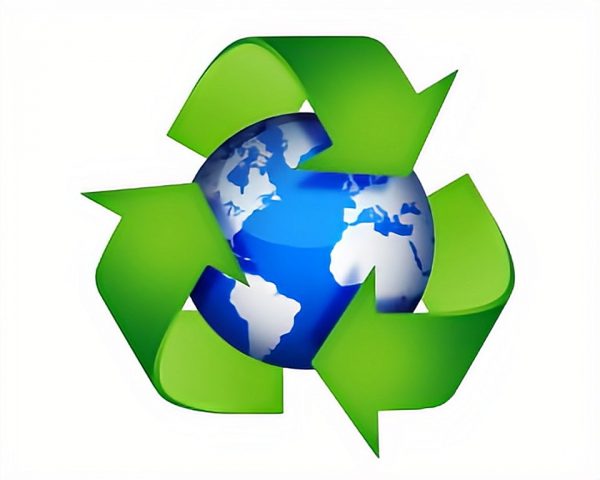Big UK Mobile and Broadband ISPs Commit to Cut Emissions

The Digital Connectivity Forum (DCF), an industry think-tank, has today announced that the UK’s largest mobile and broadband providers, including BT, Three UK, and Sky Broadband, among many others, have agreed to work together to reduce greenhouse gas (GHG) emissions from the telecoms supply chain.
The vast majority of the operators making this commitment already have related Net Zero style targets for their own networks (i.e. removing as many carbon emissions as they produce), but ensuring that the wider supply chain follows suit is a harder task.
The participants have all committed to work via the DCF’s Climate & Sustainability Work Group, to building industry consensus on these areas to drive action, ahead of COP28, while ensuring compliance with Competition Law. The group will meet a further four times before the end of COP28 and will collaborate with other telecoms groupings and bodies that are committed to tackling climate change.
Advertisement
Participants are expected to focus on parts of the value chain where the telco industry can collectively make the greatest impact to reduce GHG emissions. They include:
• Scope 3 [categories 1 and 2 – purchased goods & services and capital goods]
• Scope 3 [categories 11 and 13 (end-of-use of sold products and downstream leased assets)]
Alex Mather, Head of the Digital Connectivity Forum, said:
“We commend the collaborative commitment of these companies in reducing the climate impact of the telecoms sector. By understanding and addressing the complexities of the industry, we can pave the way for industry-wide transformation. The enthusiasm and support for the DCF’s climate working group are inspiring, and we look forward to their proposals ahead of COP28.”
Ed Leighton, Director of Strategy & Policy at Ofcom, said:
“We welcome the commitment of these companies to work together to reduce the climate impact of the sector. Better understanding the supply chain is as critical for sustainability as it is for security, so this is the right focus. We look forward to seeing further specific proposals ahead of COP 28.”
No doubt this sort of development will attract the usual comments about virtue signalling, as well as the odd climate sceptic. But it’s worth remembering that, for a business, it’s always nice to have virtues worth signalling and, no matter what your stance on the climate, ensuring a cleaner supply chain is by no means a negative – assuming it can be done in a way that doesn’t burden suppliers with unviable costs.
Mark is a professional technology writer, IT consultant and computer engineer from Dorset (England), he also founded ISPreview in 1999 and enjoys analysing the latest telecoms and broadband developments. Find me on X (Twitter), Mastodon, Facebook, BlueSky, Threads.net and Linkedin.
« Three UK Tops Ookla’s H1 Study of 5G Mobile Broadband Speeds
48% of Low Income Pensioners Struggle to Pay Broadband Bills »





















































What they say and what they do.
Heard it time and time again from different companies.